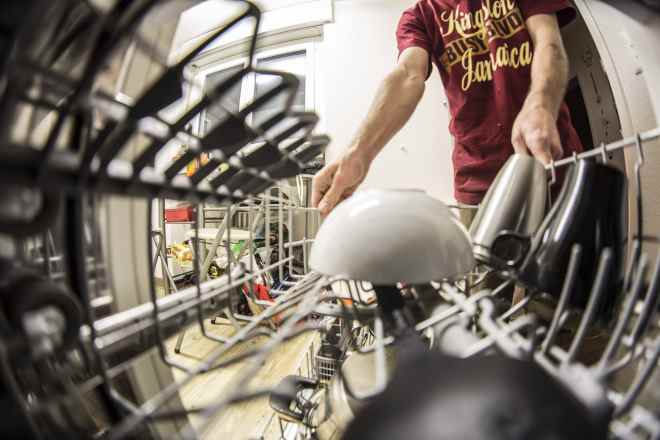Shaping the Future with Industrial Biotechnology: A New Era of Innovation and Sustainability
Introduction: In an era marked by a heightened awareness of sustainability, industrial biotechnology offers a beacon of hope. Its potential to revolutionize industries and contribute to a greener, more sustainable future is unparalleled. This article delves into the fascinating world of industrial biotechnology, its evolution, and its implications for businesses across different sectors.

A Brief History of Industrial Biotechnology
Industrial biotechnology, also known as white biotechnology, leverages living organisms to manufacture bio-based products. It’s rooted in the early 20th century, when scientists first used bacteria to make acetone and butanol. The field has since seen remarkable advancements, particularly in the past few decades, with the advent of genetic engineering and bioprocessing technologies.
The Present Landscape
Industrial biotechnology is now a mainstay in many sectors, including pharmaceuticals, agriculture, and textiles. It’s being used to produce biofuels, bioplastics, and bio-based chemicals, among other products, reducing our reliance on fossil fuels and mitigating environmental impacts. The current global market for industrial biotechnology is estimated to reach $450 billion by 2025, reflecting its growing importance.
The Impact of Industrial Biotechnology
Industrial biotechnology’s impact extends beyond profit margins. It offers a sustainable alternative to traditional manufacturing processes that often entail high energy consumption and harmful emissions. By utilizing bio-based raw materials and harnessing the power of microorganisms, businesses can lower their environmental footprint and contribute to a circular economy.
Potential Challenges
Despite its immense potential, industrial biotechnology faces challenges. These include regulatory hurdles, public acceptance of genetically modified organisms, and competition with conventional technologies that have established infrastructures and market dominance. However, with ongoing research and strategic investments, these hurdles can be overcome.
Future Prospects
The future of industrial biotechnology looks promising, with advancements in synthetic biology and metabolic engineering paving the way for more efficient, cost-effective processes. It is anticipated to play a pivotal role in achieving the United Nations’ Sustainable Development Goals, particularly in areas such as clean energy, sustainable industries, and climate action.
Actionable Insights for Businesses
-
Invest in Research & Development: Continuous innovation is key to staying ahead in the rapidly evolving landscape of industrial biotechnology.
-
Collaborate with Stakeholders: Building partnerships with government bodies, research institutions, and other businesses can facilitate knowledge exchange and resource pooling.
-
Foster Public Awareness: Communicating the benefits of bio-based products to consumers can help drive market acceptance and demand.
-
Embrace Sustainability: Incorporating industrial biotechnology into business operations can align with corporate sustainability goals and enhance brand reputation.
In summary, industrial biotechnology presents an exciting opportunity for businesses to innovate, improve operational efficiency, and contribute to a sustainable future. It is poised to usher in a new era of industrial operations, redefining conventional norms and setting new standards for sustainability and profitability. Businesses willing to adapt and invest in this emergent field stand to gain a significant competitive advantage.




